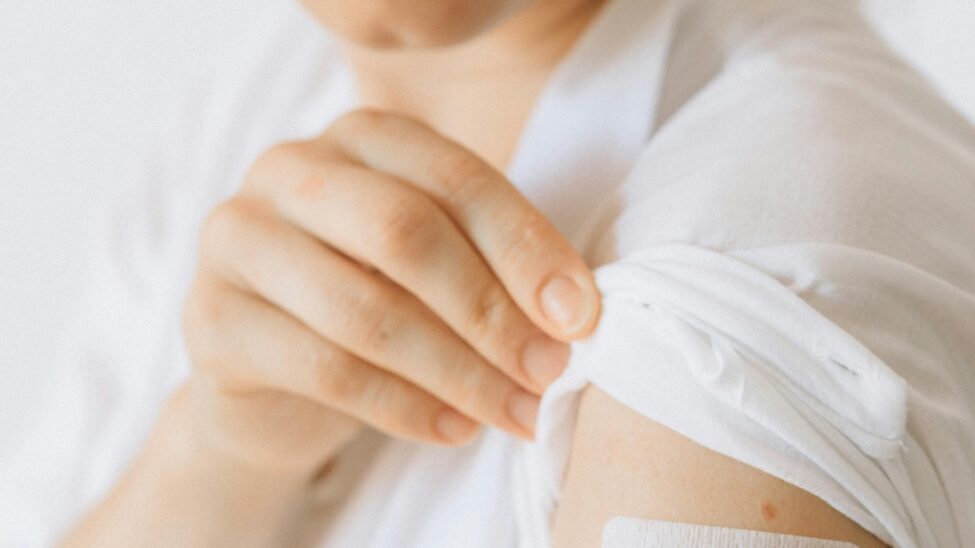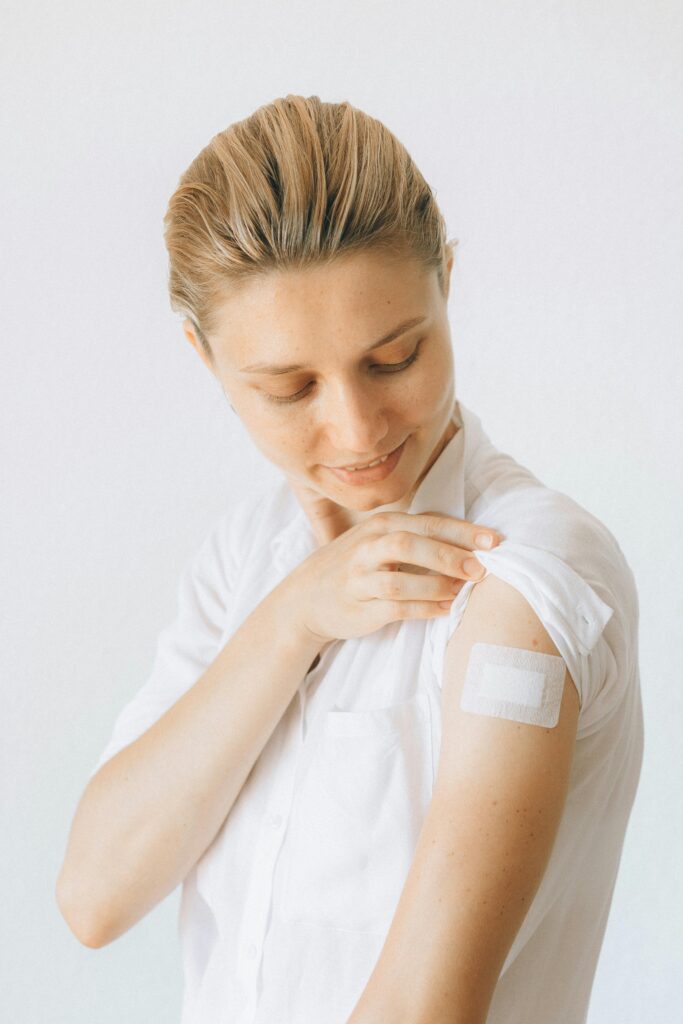
What’s the Best HPV Vaccine Age?
Recommended Age for Optimal Protection
The CDC and the California Department of Public Health suggest that children should receive the HPV vaccine at 11 or 12 years old, though it can be administered as early as 9. Vaccinating at this age triggers a strong immune response, providing long-term protection well before any potential exposure to the virus through sexual contact.
Catch-up Vaccination
If the recommended age window is missed, catch-up vaccination is advised up to age 26. Beyond this, the vaccine may still be available for individuals aged 27–45, depending on discussions with healthcare providers. For this older age group, the decision is made case-by-case, considering factors like exposure risk and past infections.

Why Vaccinate Early?
- Immune Response: Adolescents aged 9–14 require only two doses of the vaccine, compared to three doses for older age groups, as their immune systems respond more effectively.
- Prevention: HPV is often contracted early in adulthood. Vaccinating before exposure significantly reduces the risks of HPV-related cancers and conditions later in life.
- Cancer Elimination Goals: California’s vaccination programs align with global initiatives, such as the WHO’s goal to eliminate cervical cancer through high vaccination rates during early adolescence.
What is the Optimal Age for the HPV Vaccine?
The timing of HPV vaccination is critical for ensuring long-term protection against HPV and its associated risks, including cervical and other cancers. Here’s a detailed breakdown:
The Ideal Age Group: 9–12 Years
- Strong Immune Response: Preteens develop a stronger immune response than older adolescents or adults, making the vaccine more effective.
- Ease of Administration: Only two doses are required for those aged 9–14, spaced 6–12 months apart. After age 15, a three-dose series is needed, so early vaccination is more convenient.
- Prevention Before Exposure: HPV is highly contagious and often acquired in young adulthood. Early vaccination ensures protection before exposure.
Catch-Up Vaccination: Ages 13–26
If vaccination is missed during the recommended age range, catch-up vaccination is advised until age 26. Although the vaccine is most effective before exposure, it still offers benefits for this age group. The catch-up regimen typically involves:
- Three doses for individuals beginning vaccination at age 15 or older.
- Public health efforts in California to increase awareness and access for unvaccinated teenagers and young adults.
Adult Vaccination: Ages 27–45
For individuals aged 27–45, vaccination is considered on a case-by-case basis. Decisions are based on:
- Risk of New HPV Exposure: People with limited prior exposure may benefit from vaccination.
- Health History: Women, men, and nonbinary individuals who are immunocompromised or at risk of HPV-related conditions may find the vaccine particularly beneficial.
Special Considerations for Vulnerable Groups
- Immunocompromised Individuals: Those with weakened immune systems, such as people living with HIV or undergoing cancer treatment, may need the vaccine regardless of age.
- Health Equity: California has programs to ensure equitable vaccine access for underserved populations, including minorities and rural communities, who may face barriers like healthcare access or vaccine hesitancy.
HPV Vaccine Advocacy: The Role of California
California continues to lead efforts to improve HPV vaccination rates through:
- School-Based Programs: Many school districts collaborate with public health organizations to offer free or low-cost vaccines on campuses.
- Public Campaigns: Initiatives like “Vaccinate Before It’s Too Late” aim to normalize HPV vaccination and dispel misinformation.
- Legislation: Policies support vaccine education in schools and workplaces.
Frequently Asked Questions for Parents
- Why vaccinate before teens are sexually active? The vaccine is preventive, not a treatment. Early vaccination ensures protection before any potential exposure.
- What about boys? HPV vaccination is equally important for boys to prevent genital warts and cancers of the throat, anus, and penis.
- Is it safe? Yes, the HPV vaccine has been extensively studied and proven safe. Side effects are generally mild, such as arm soreness or a low-grade fever.
Promoting Early Vaccination in California
California health officials are actively working toward the WHO’s global vaccination goal of immunizing 90% of adolescents by 2030. Early vaccination plays a vital role in achieving this milestone and eliminating HPV-related cancers.
One Comment
Comments are closed.






[…] is HPV?Definition and types of HPV: high-risk and low-risk strains.Health implications include cervical […]